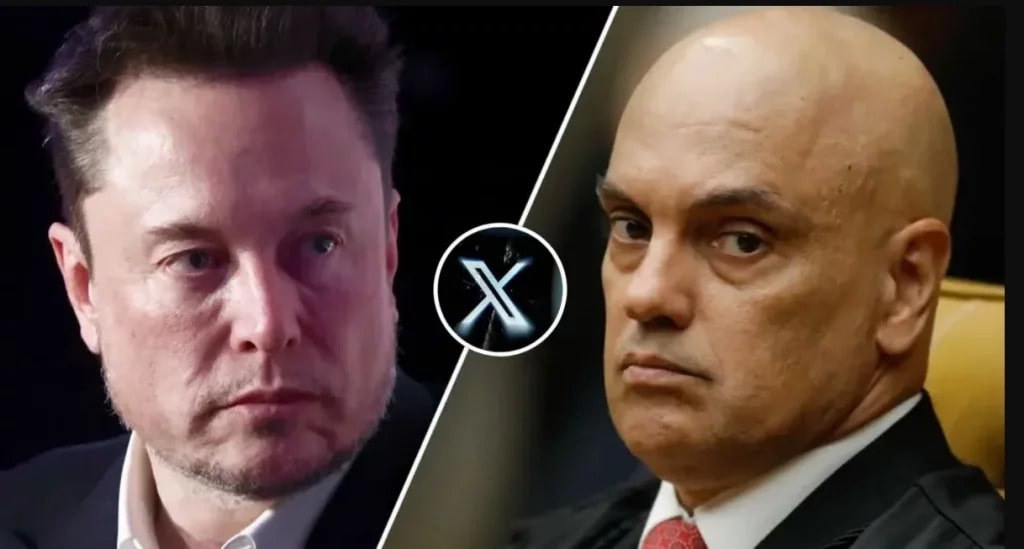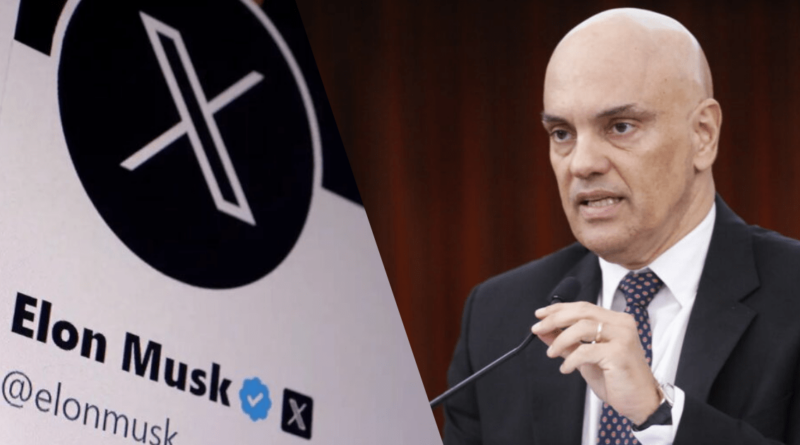Why Brazil Blocked X: A Detailed Look
Context of the X Block in Brazil
The block of X in Brazil arose from a judicial order aimed at temporarily suspending access to the platform. The decision, issued by the STF, was motivated by issues related to potential violations of local laws and regulations by the platform. This measure highlighted the growing tension between Brazilian authorities and technology companies, underlining the role of digital platforms in daily life and the impact of regulations on these platforms.
The platform, formerly known as Twitter, faced a series of legal and administrative challenges before the block was implemented. The decision reflects an escalating conflict between regulatory demands and the operational practices of global tech companies. This context raises questions about the effectiveness of national regulations in controlling international platforms and the balance between legal enforcement and technological innovation.
Immediate Impacts
The implementation of the block had significant immediate consequences for users and businesses in Brazil. Many users reported difficulties in accessing their accounts and engaging with content, leading to a range of adverse reactions. Businesses that use X as a marketing and communication tool also experienced disruptions, impacting their campaigns and engagement strategies.
Furthermore, the block sparked intense debate about user rights and platform responsibilities concerning local laws. The scenario illuminated the broader issues of freedom of expression and government control over social media, emphasizing the need for a balanced approach between regulation and innovation. The immediate fallout from the block highlights the challenges of implementing legal measures in the digital age and the potential for significant disruption to both individual and business activities.

Reactions from Entities
The reactions from various entities and authorities to the block have been diverse. Digital rights organizations and legal advocates have raised concerns about the implications for freedom of expression and user privacy. Many argue that the block could set a dangerous precedent for government intervention in digital platforms, potentially impacting global standards for internet governance.
On the other hand, local authorities have defended the decision as necessary for ensuring compliance with Brazilian laws and protecting public interests. This divergence of opinions reflects the complexities involved in regulating social media platforms and the challenge of finding solutions that address both legal concerns and user rights. The mixed reactions underscore the broader debate on how to balance regulatory needs with the freedoms associated with digital communication.
Legal Aspects
The legal aspects of the block involve several critical considerations. The STF’s decision was based on an interpretation of Brazilian laws concerning the responsibilities of digital platforms and the protection of user rights. The block has generated discussions about the role of judicial authorities in regulating global platforms and the implications for the Brazilian legal system.
Additionally, the measure has raised questions about the effectiveness of existing digital regulations and the ability of national authorities to enforce these laws on international platforms. The situation highlights the need for a more cohesive legal approach adapted to the realities of modern technology, addressing both the challenges of enforcement and the protection of user rights in a globalized digital landscape.
Future Perspectives
The future of the X block in Brazil remains uncertain. The situation may evolve depending on legal responses and negotiations between the involved parties. Potential developments include changes in the regulation of digital platforms, adjustments in X’s internal policies, and increased attention to legal compliance at a global level.
Moreover, the block could serve as a case study for other countries facing similar challenges in social media regulation. How Brazil handles this situation may influence future decisions and policies related to technology and internet governance worldwide. The ongoing developments will be crucial in shaping the future landscape of digital regulation and the role of global platforms in national contexts.

